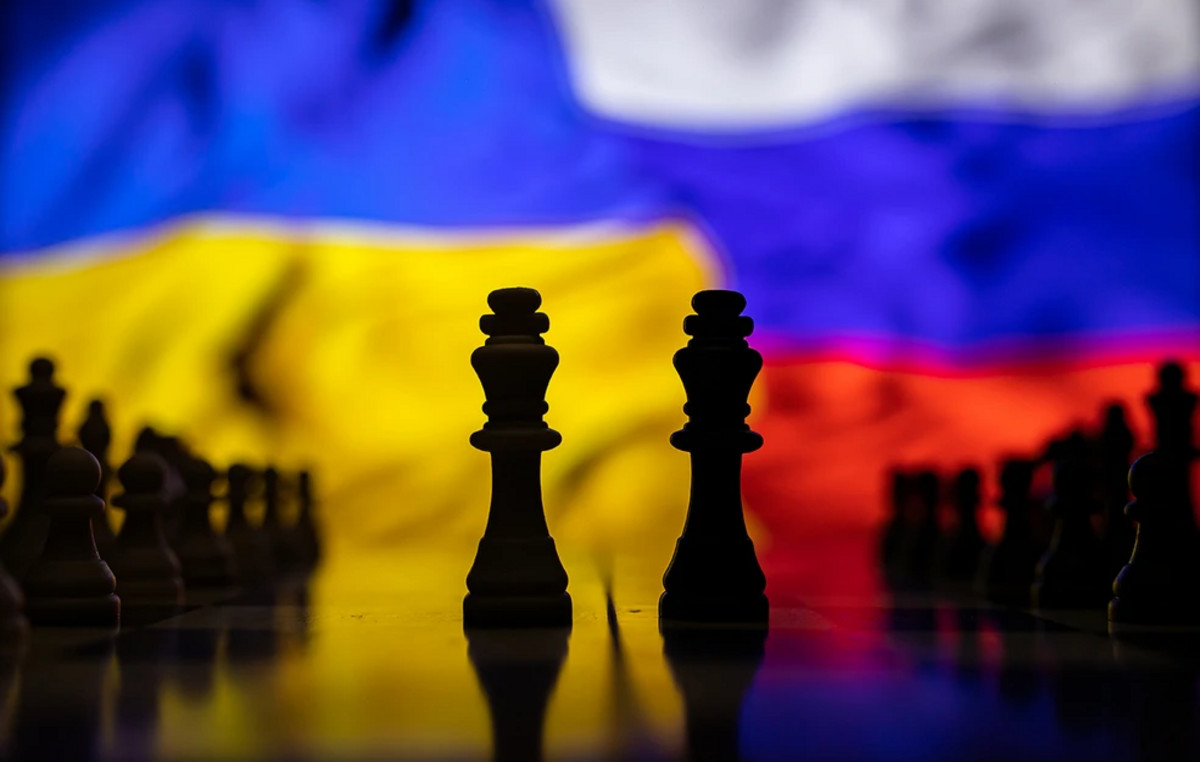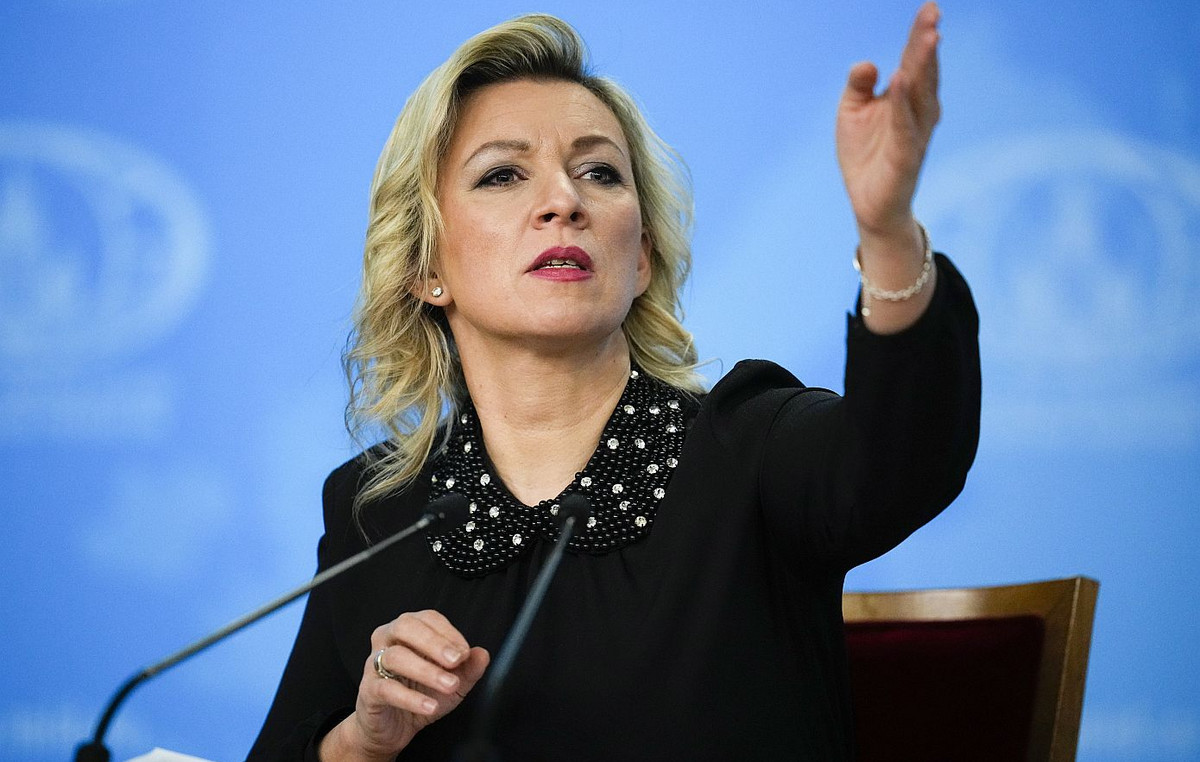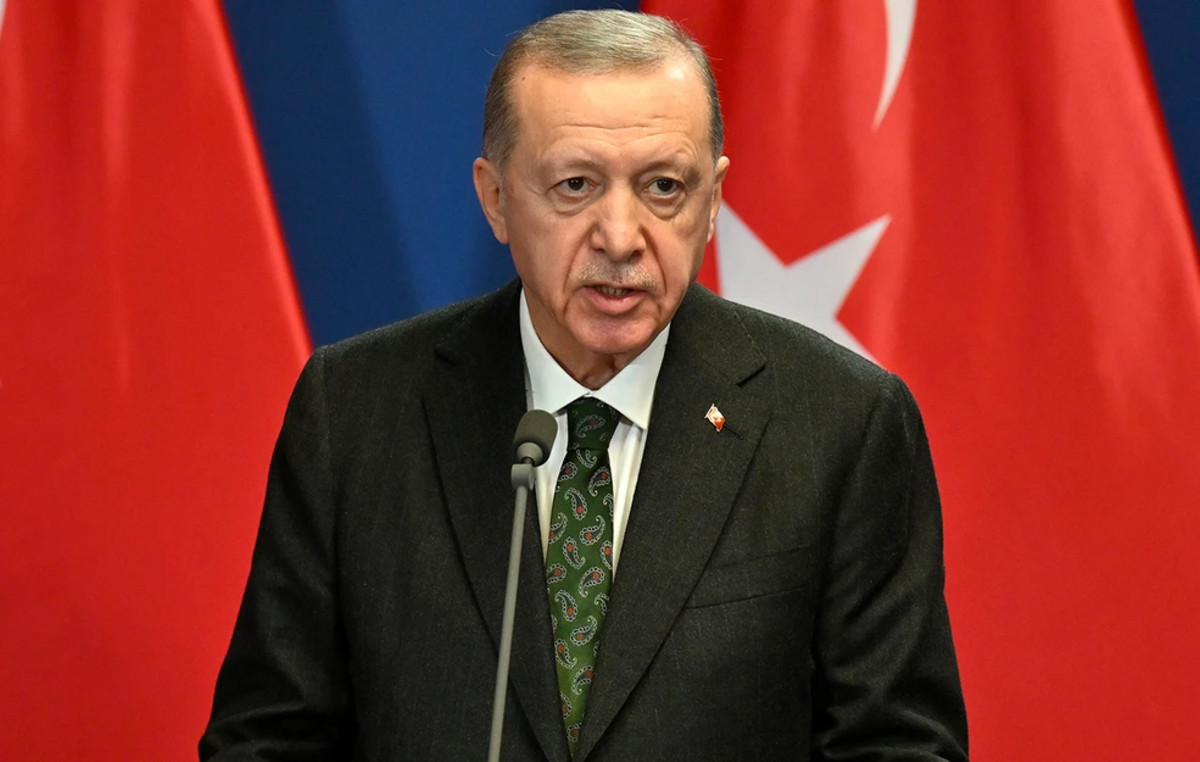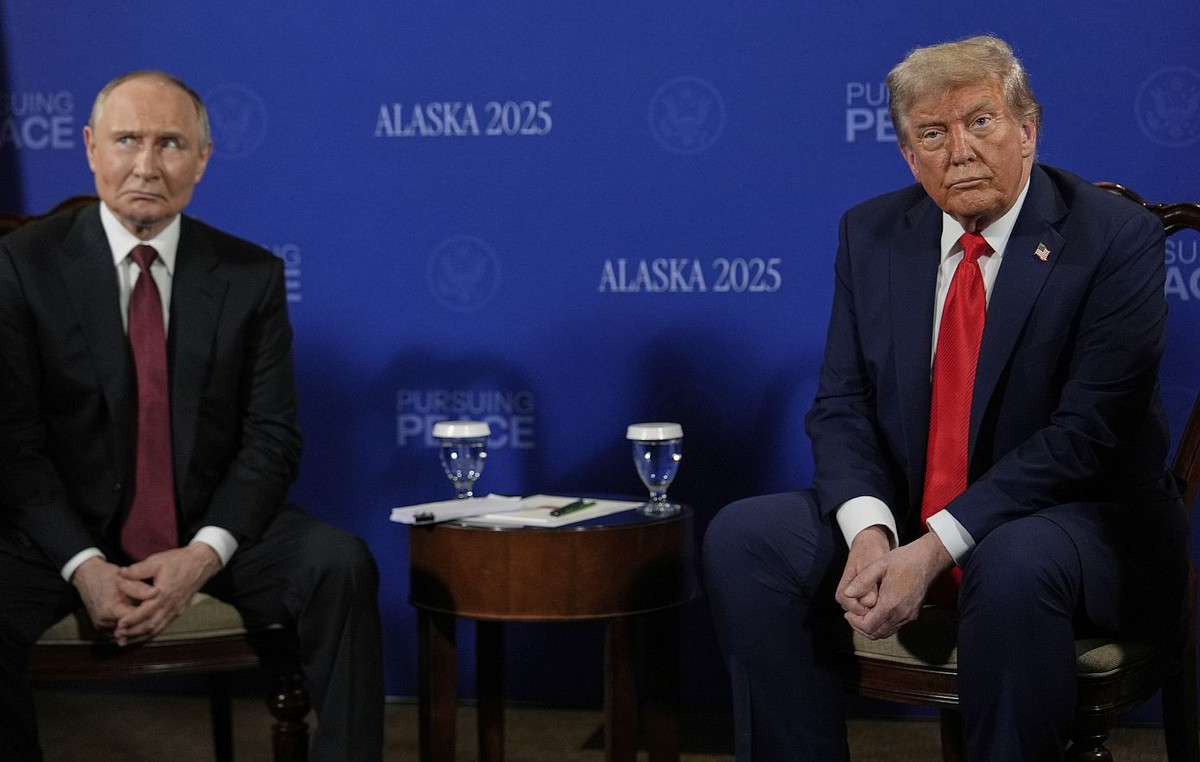As the world’s attention focuses on the growing crisis between Russia and Ukraine, the spotlight is also turning to an island halfway across the world – self-governing Taiwan.
On the surface, there may be parallels: both Taiwan and Ukraine are Western-friendly democracies whose status quo can be overthrown by powerful autocracies.
In the case of Taiwan, the Communist Party of China seeks an eventual “reunification” with the island it claims as its territory, despite never having ruled it – and has not ruled out taking it by force.
For Ukraine, that threat is unfolding: Russian President Vladimir Putin has said he regards Russians and Ukrainians as “one people”, and it is still unclear how far he will go to make that claim – on Monday. ) he declared two breakaway regions, Donetsk and Luhansk, territories located in Ukraine, as independent republics.
World leaders themselves have hinted at connections between the fates of Ukraine and Taiwan in recent weeks.
Taiwan President Tsai Ing-wen said she can “sympathize” with Ukraine’s plight, given her experience with “military threats and intimidation from China”.
In the West, British Prime Minister Boris Johnson said on Saturday that “echoes” of what is happening in Ukraine “will be heard in Taiwan”, while US Secretary of State Antony Blinken on a trip to Australia earlier this month, obliquely said that “others are watching” the Western response to Russia, “even if it is half a world away, in Europe”.
Concerns have grown in recent years that a confident China under leader Xi Jinping could make a bold move to take control of Taiwan, and Beijing will likely be carefully monitoring the situation in Ukraine for signs of how the powers that be. Westerners will respond – and how harsh those responses will be.
The United States, the United Kingdom, the European Union, Canada, Australia and Japan have announced economic sanctions to punish Moscow after Putin’s measures earlier this week.
But there are limits to the parallels and how much Beijing can get out of the spiraling crisis in Ukraine when it comes to future actions on Taiwan.
“The way the US responds to Ukraine will not be the same as to Taiwan, because the way the US has built its relationship with Taiwan over decades is different from its responsibilities to Ukraine, the European Union or NATO,” Lev said. Nachman, a postdoctoral researcher at the Fairbank Center for Chinese Studies at Harvard University.
“Even if (Beijing) is still watching closely to see how the world reacts to the invasion and a possible border redraw, which is likely to influence Beijing’s own geopolitical calculus, it is highly unlikely that Beijing will drastically alter its Taiwan strategy on Ukraine. ,” said Nachman, who focuses on Taiwan politics.
Likewise, experts rejected the notion that the US focus on Europe could provide a potential opening for China to make a move on Taiwan. Those fears are apparently compounded by Moscow’s increasingly close ties with Beijing.
“I don’t believe the Chinese would use force against Taiwan this year… [Xi] really doesn’t want to take any risks,” said Steve Tsang, director of the SOAS China Institute at the University of London, pointing to the Communist Party National Congress to be held in October, in which Xi is expected to secure a historic third term in power.
“An unsuccessful military venture will not do much good for his third term, and failure could derail him,” Tsang added.
The unique US-China dynamic also complicates any attempt to compare Ukraine and Taiwan. China is the US’s most formidable long-term rival and the only country that can challenge US interests in every domain and around the world, said David Sacks, a researcher at the Council on Foreign Relations in New York.
“If China gained control of Taiwan, that more than anything else would help it establish regional hegemony. Chinese leaders understand that for the United States the stakes are different and their response would likely be very different,” he said.
Source: CNN Brasil
I’m James Harper, a highly experienced and accomplished news writer for World Stock Market. I have been writing in the Politics section of the website for over five years, providing readers with up-to-date and insightful information about current events in politics. My work is widely read and respected by many industry professionals as well as laymen.







